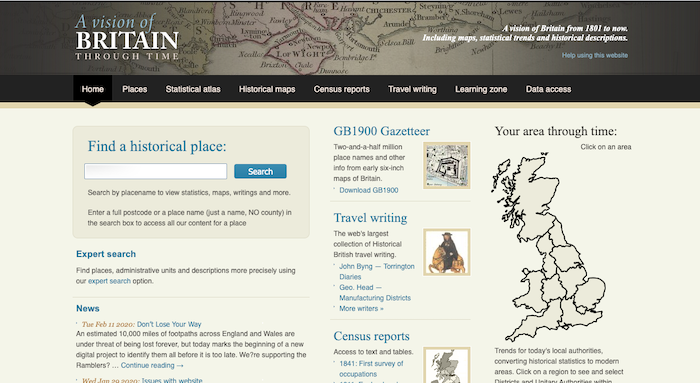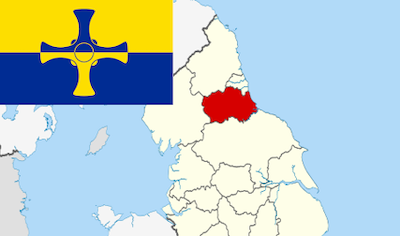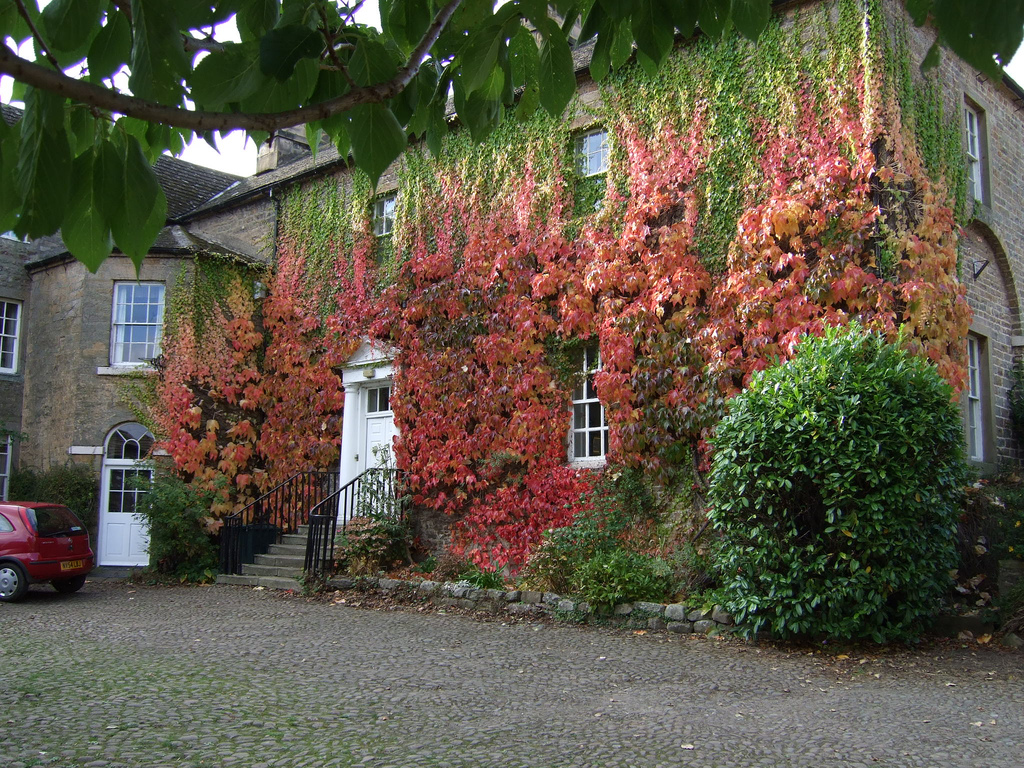Topics > County Durham > Civil Parishes in County Durham > Whorlton Civil Parish
Whorlton Civil Parish
About the Parish
| Main Settlements: | Whorlton (village) |
| Population: |
227 (2021 Census) 302 (2011 Census) 263 (2001 Census) |
| Area: | 13.9 km² |
| Parish Council: | Whorlton and Westwick Parish Council - joint council with Westwick CP |
| Unitary Authority: | Durham County Council |
Historical |
|
| Ancient Township: |
Townships and chapelries became civil parishes in their own right in 1866 (see below). |
| Ancient Parish: |
Ancient parishes refer to the parishes before the split between ecclesiastical (church) and civil parishes in the 19th century. They had a parish church and often were composed of multiple townships and chapelries. In many cases, townships and parishes were originally based on the territory of manors from the feudal system during medieval times. Civil parishes were created following the Poor Law Amendment Act 1866, in which Church of England parishes, extra-parochial areas, townships and chapelries, became "civil parishes" which could set their own poor rate (tax). Then the reforms of Local Government Act 1894 established elected civil parish councils (or parish meetings for parishes with less than 300 residents) and created urban and rural districts. Boundaries of parishes and civil parishes may have changed over time. |
| Poor Law Union: |
Teesdale Poor Law Union, formed in 1837. Teesdale Union Workhouse was located at Barnard Castle. Under the Poor Law Amendment Act of 1834 parishes were grouped into Unions, each of which had to build a workhouse if they did not already have one. It ended the old system of locally provided poor relief which had come under strain as numbers out of work grew, following increasing mechanisation of agriculture and the economic downturn after the Napoleonic Wars, along with changing social attitudes. The workhouse provided those unable to support themselves financially with accommodation and work. Inmates were generally segregated into men, women, boys and girls. The workhouse system was abolished by the Local Government Act 1929, but many workhouses lived on as 'Public Assistance Institutions' until the National Assistance Act 1948. |
|
District Council: |
Barnard Castle Rural District, formed in 1894. The district was abolished in 1974, following the Local Government Act 1972. Teesdale District (County Durham) from 1974 to 2009. The district council was abolished when County Durham became a unitary authority on the 1st of April 2009. |
See also: ![]() Historic Buildings and Monuments in Westwick Civil Parish Note: listed buildings are generally the responsibility of the county council, rather than the parish council.
Historic Buildings and Monuments in Westwick Civil Parish Note: listed buildings are generally the responsibility of the county council, rather than the parish council.
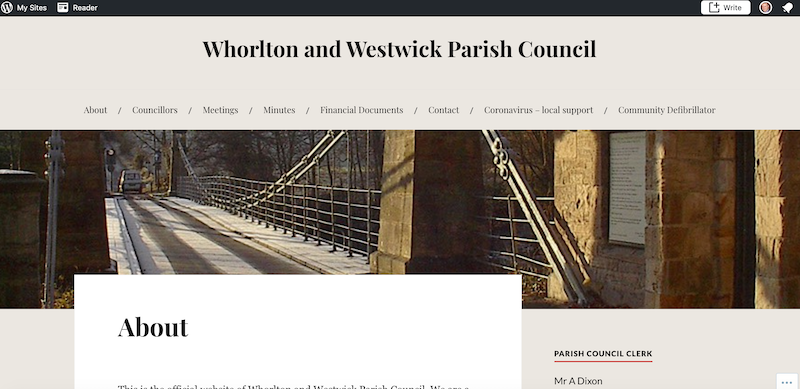
from https://whorltonandwestwickpa…
Whorlton and Westwick Parish Council
- Official website of Whorlton and Westwick Parish Council.
Added by
Simon Cotterill
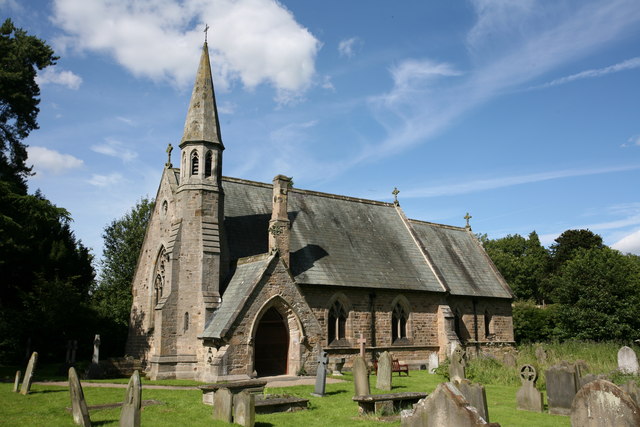
Co-Curate Page
Whorlton
- Overview About Whorton Map Street View Whorlton in County Durham is a village located on the North banks of the River Tees, about 3.5 miles South East of Barnard Castle. Whorlton …
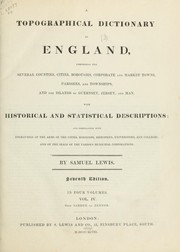
Co-Curate Page
Whorlton in 1848 (County Durham)
- Extract from: A Topographical Dictionary of England comprising the several counties, cities, boroughs, corporate and market towns, parishes, and townships..... 7th Edition, by Samuel Lewis, London, 1848. WHORLTON, a chapelry, …
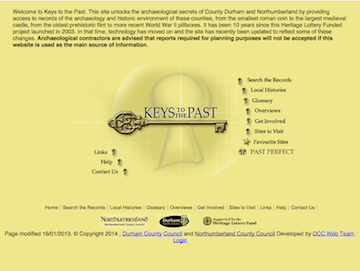
from http://www.keystothepast.info…
Local Histories: Whorlton
- "Whorlton stands on the north bank of the Tees four miles downstream from Barnard Castle. The village of Whorlton (population 205) consists of houses built round a triangular green, various …
Added by
Simon Cotterill
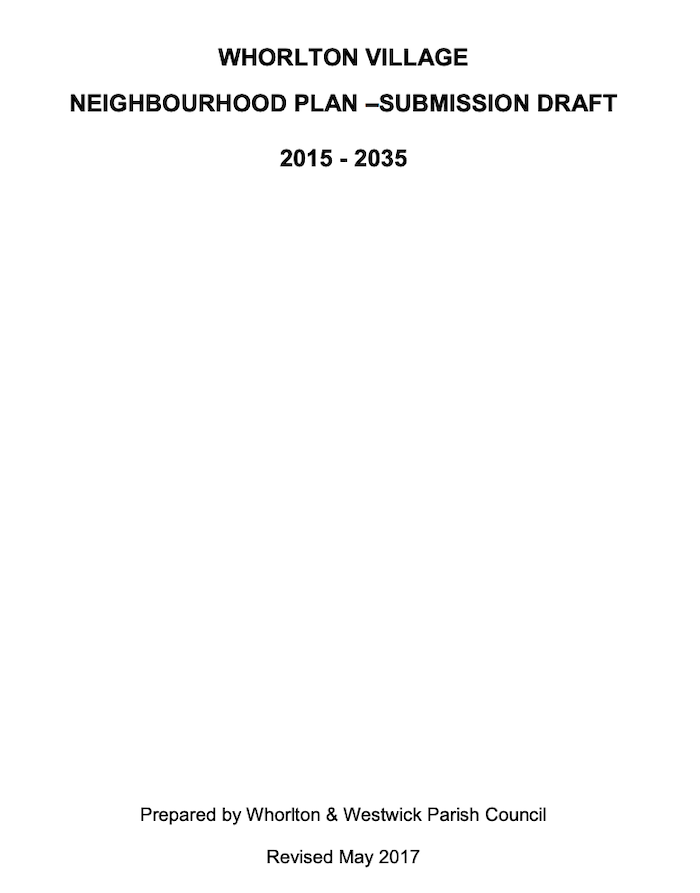
from https://whorltonandwestwickpa…
Whorlton Village Neighbourhood Plan 2015 - 2035 (draft 2017)
- "....Whorlton village consists currently of 70 dwellings situated around a large registered village green, with a pub, a church and a village hall providing the main amenities.
The 2011 Census …
Added by
Simon Cotterill


from https://whorltonandwestwickpa…
Whorlton and Westwick Parish Council
- Official website of Whorlton and Westwick Parish Council.
Added by
Simon Cotterill

Co-Curate Page
Whorlton
- Overview About Whorton Map Street View Whorlton in County Durham is a village located on the North banks of the River Tees, about 3.5 miles South East of Barnard Castle. Whorlton …

Co-Curate Page
Whorlton in 1848 (County Durham)
- Extract from: A Topographical Dictionary of England comprising the several counties, cities, boroughs, corporate and market towns, parishes, and townships..... 7th Edition, by Samuel Lewis, London, 1848. WHORLTON, a chapelry, …

from http://www.keystothepast.info…
Local Histories: Whorlton
- "Whorlton stands on the north bank of the Tees four miles downstream from Barnard Castle. The village of Whorlton (population 205) consists of houses built round a triangular green, various …
Added by
Simon Cotterill

from https://whorltonandwestwickpa…
Whorlton Village Neighbourhood Plan 2015 - 2035 (draft 2017)
- "....Whorlton village consists currently of 70 dwellings situated around a large registered village green, with a pub, a church and a village hall providing the main amenities.
The 2011 Census …
Added by
Simon Cotterill
